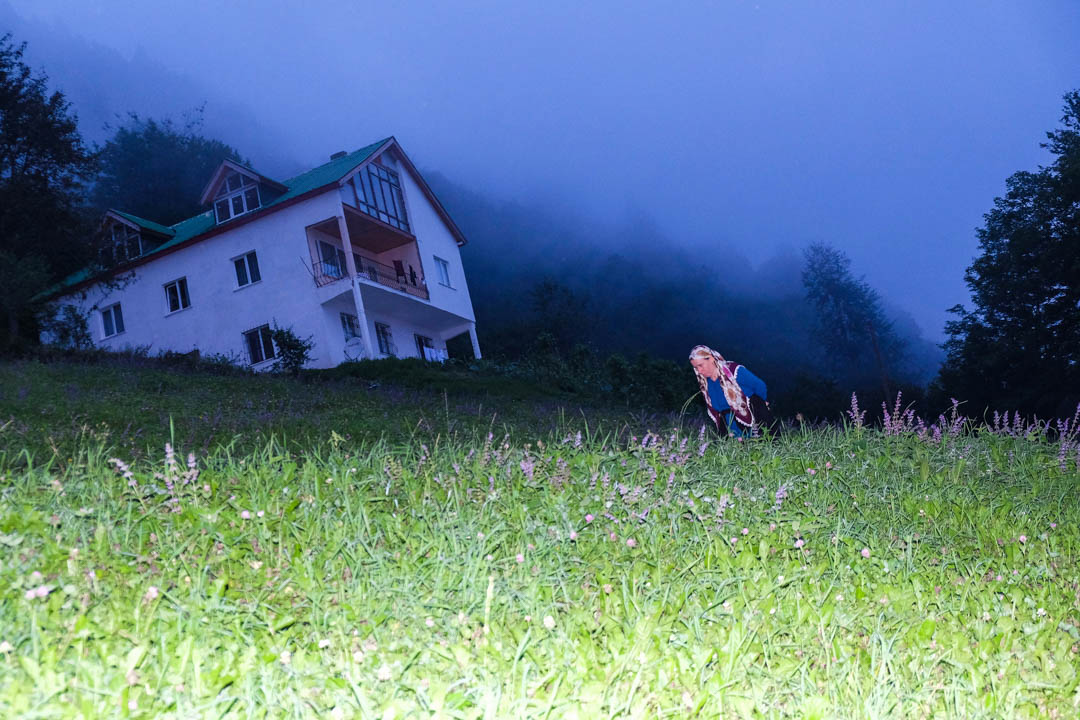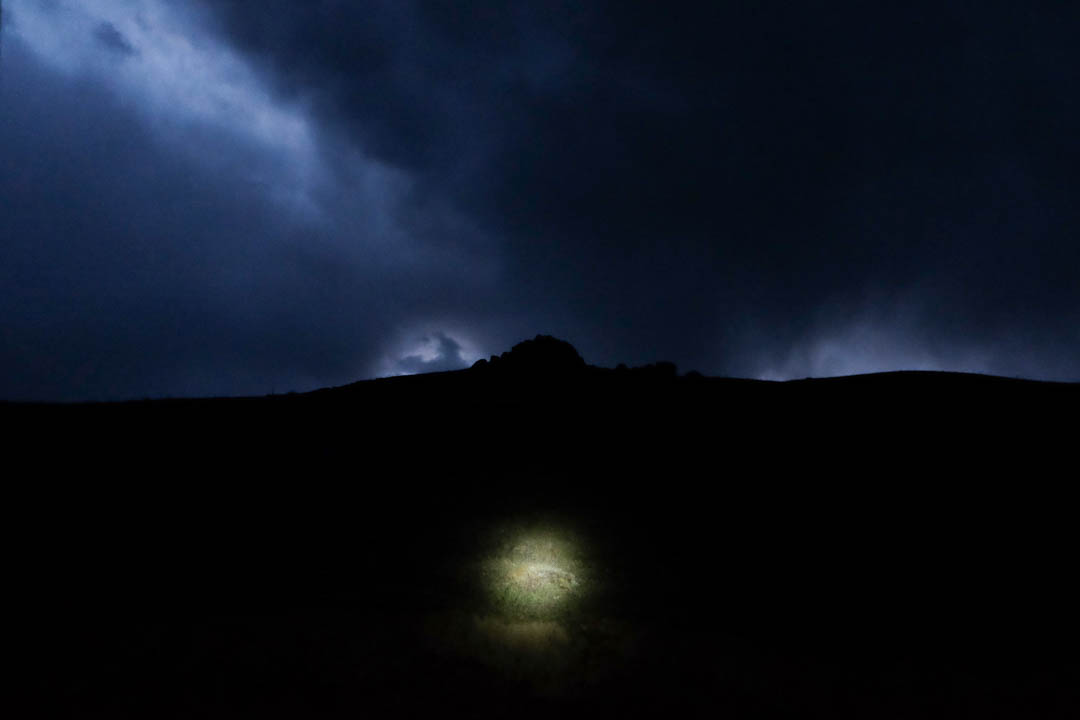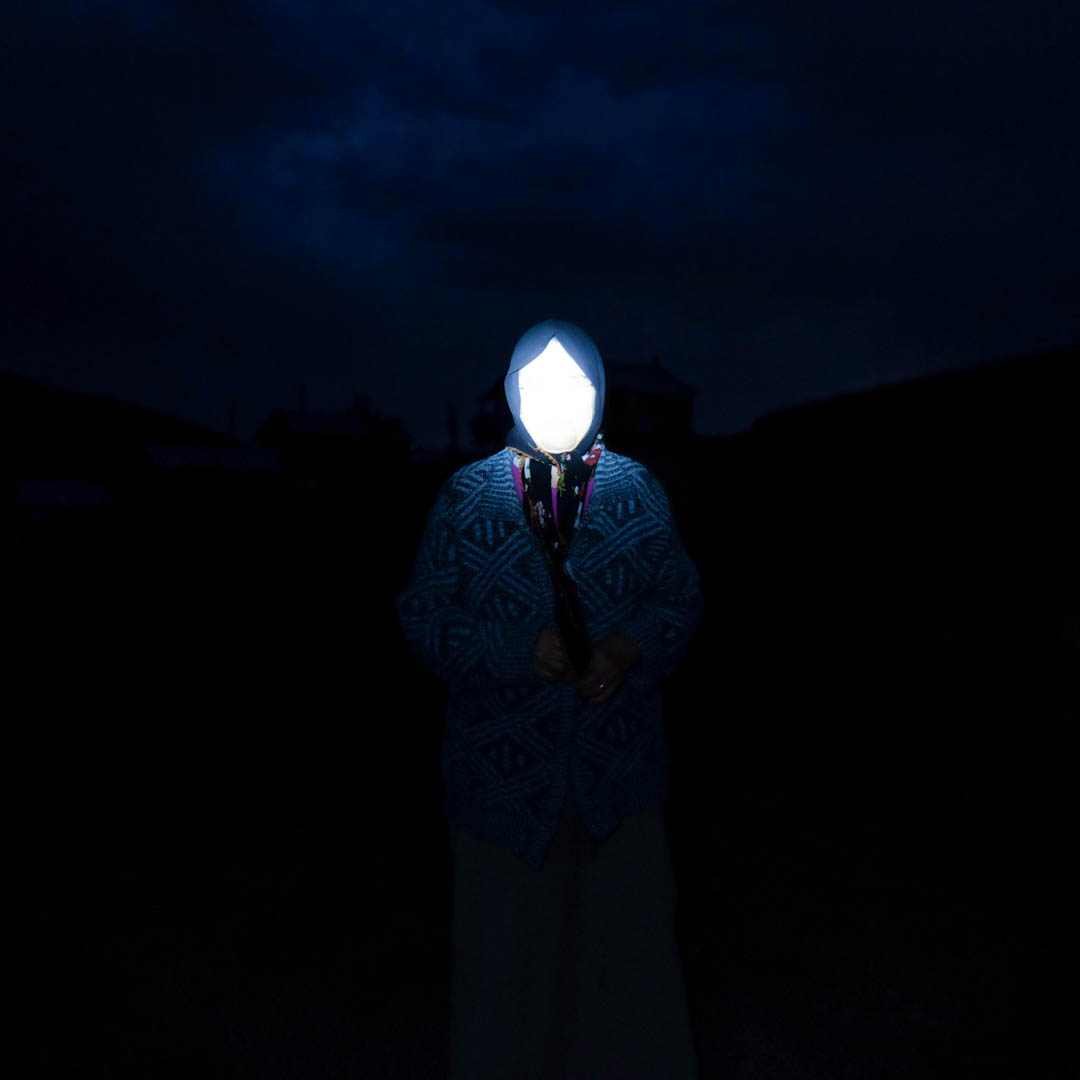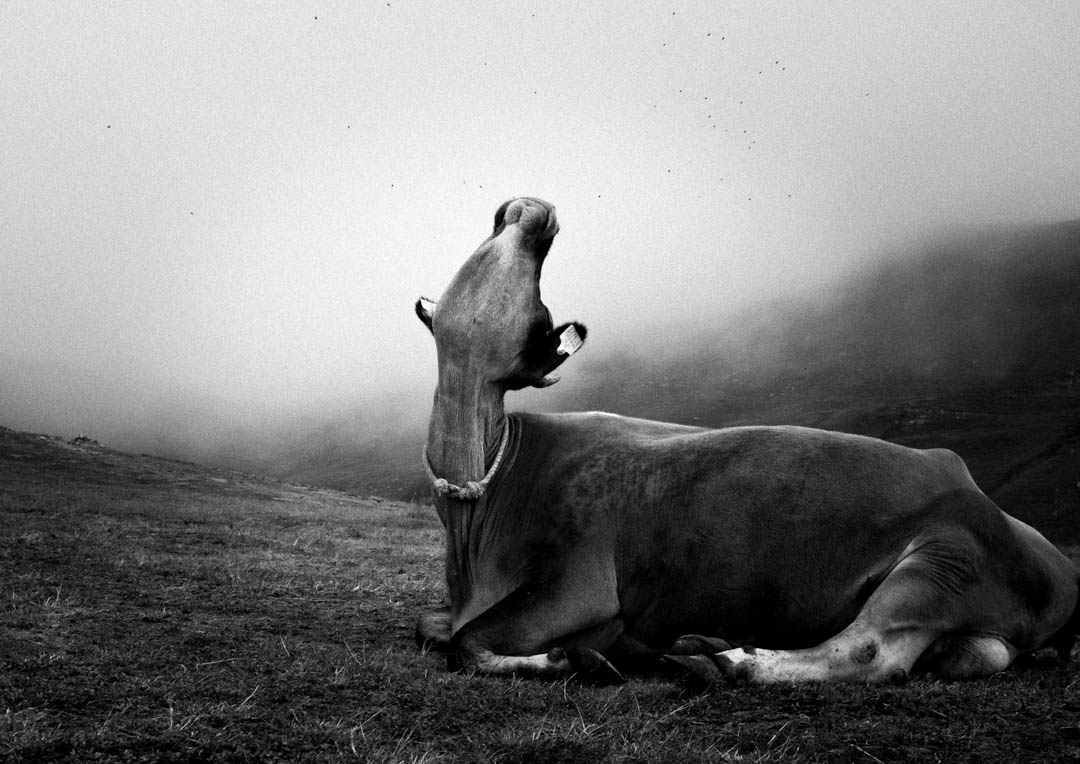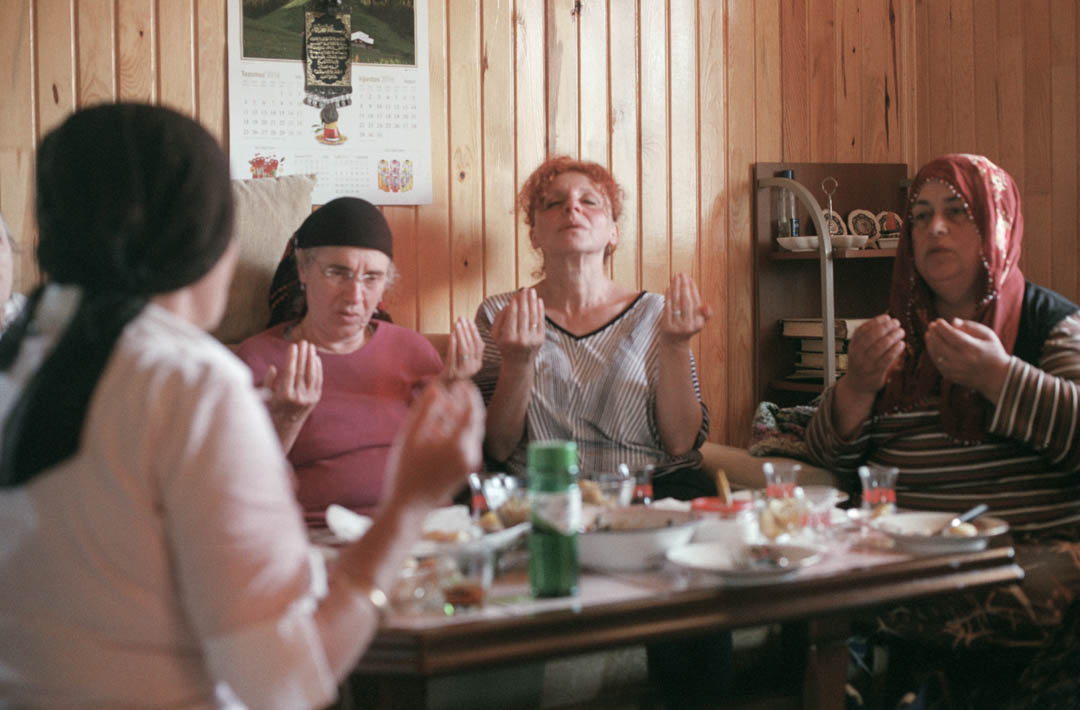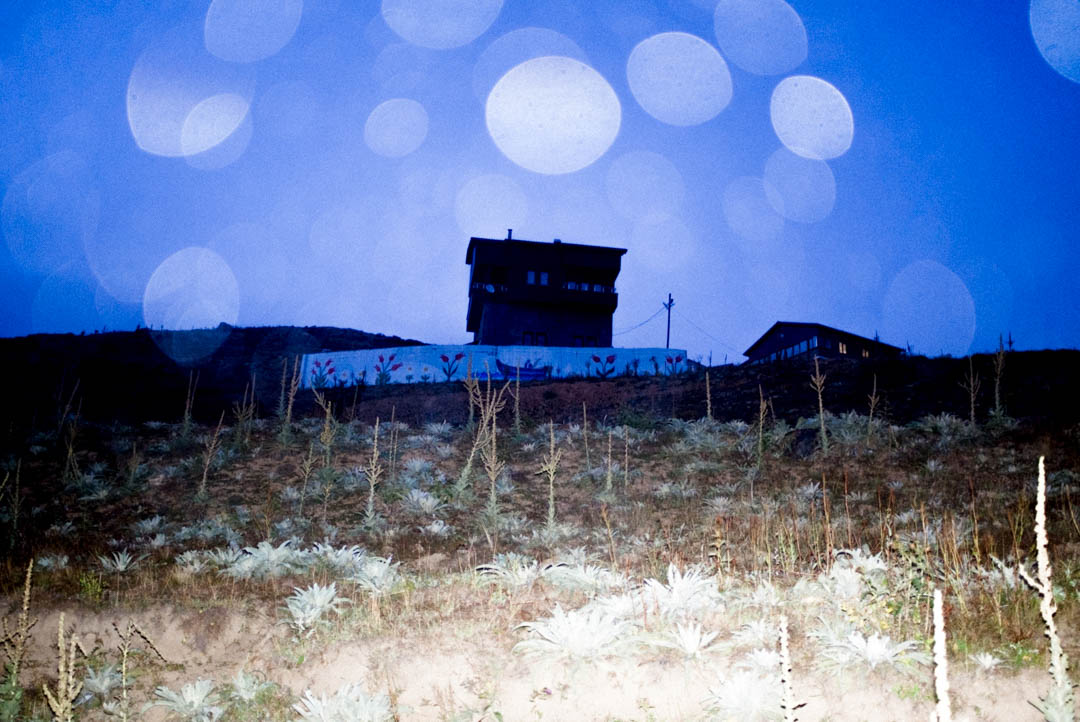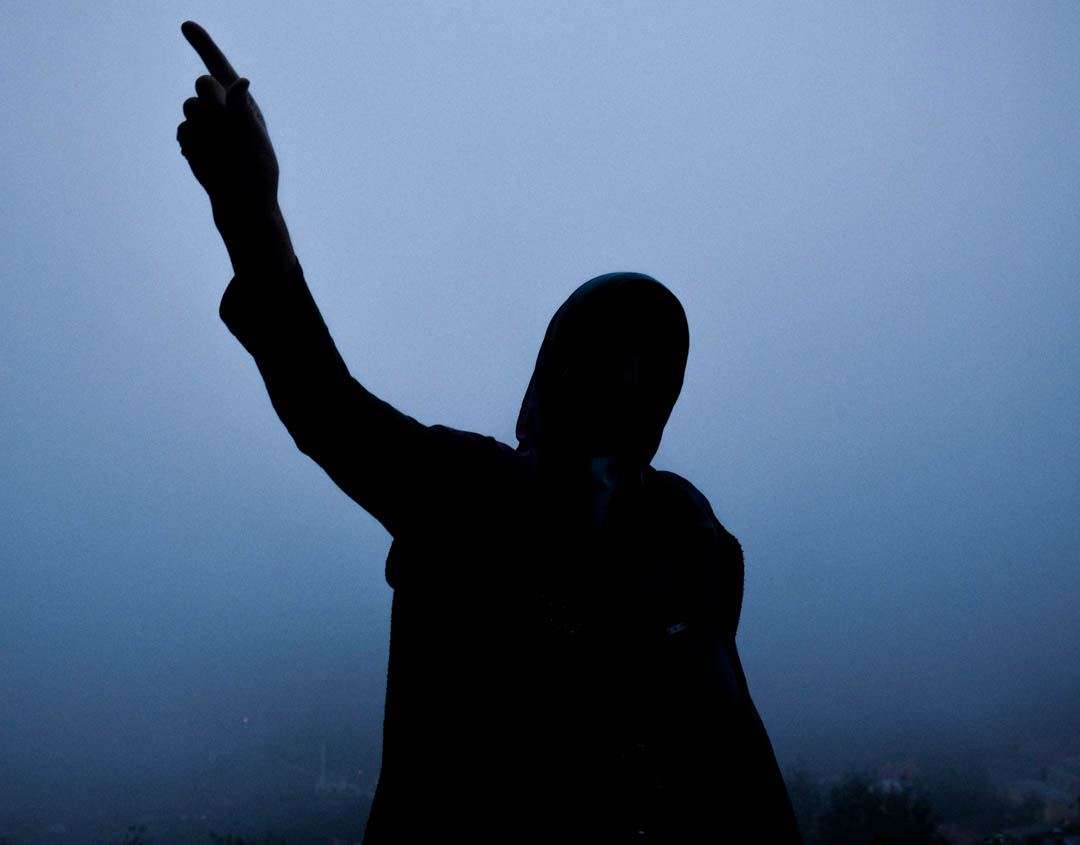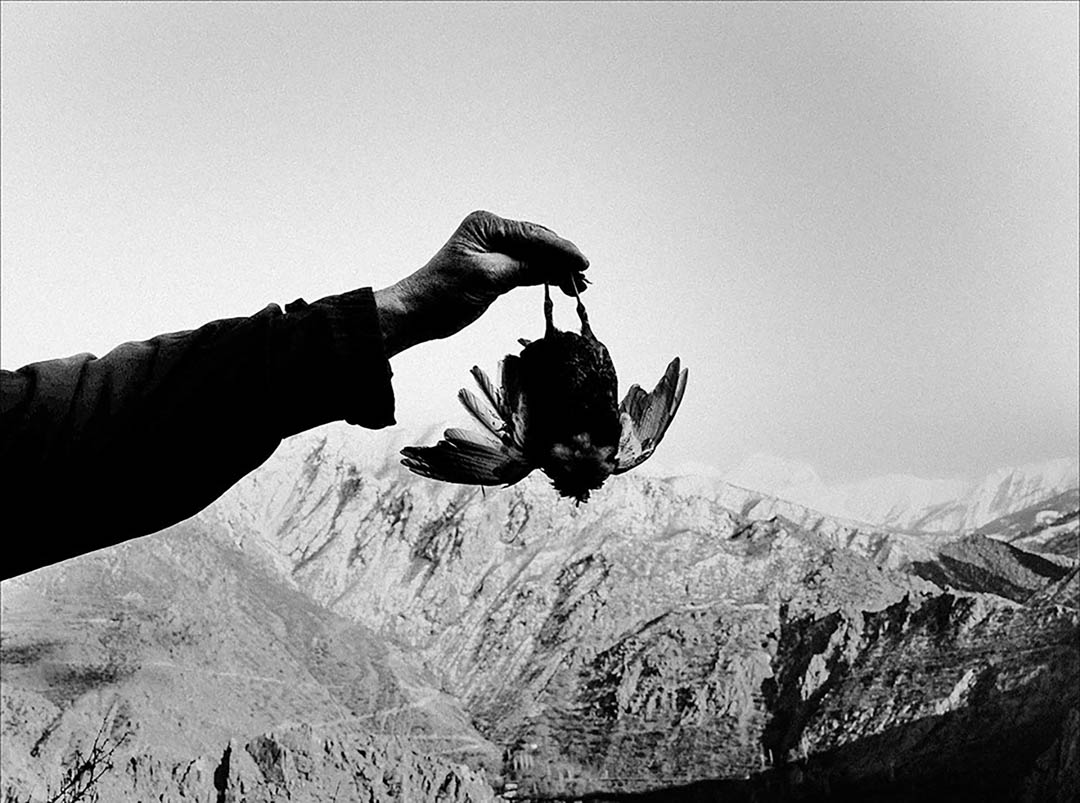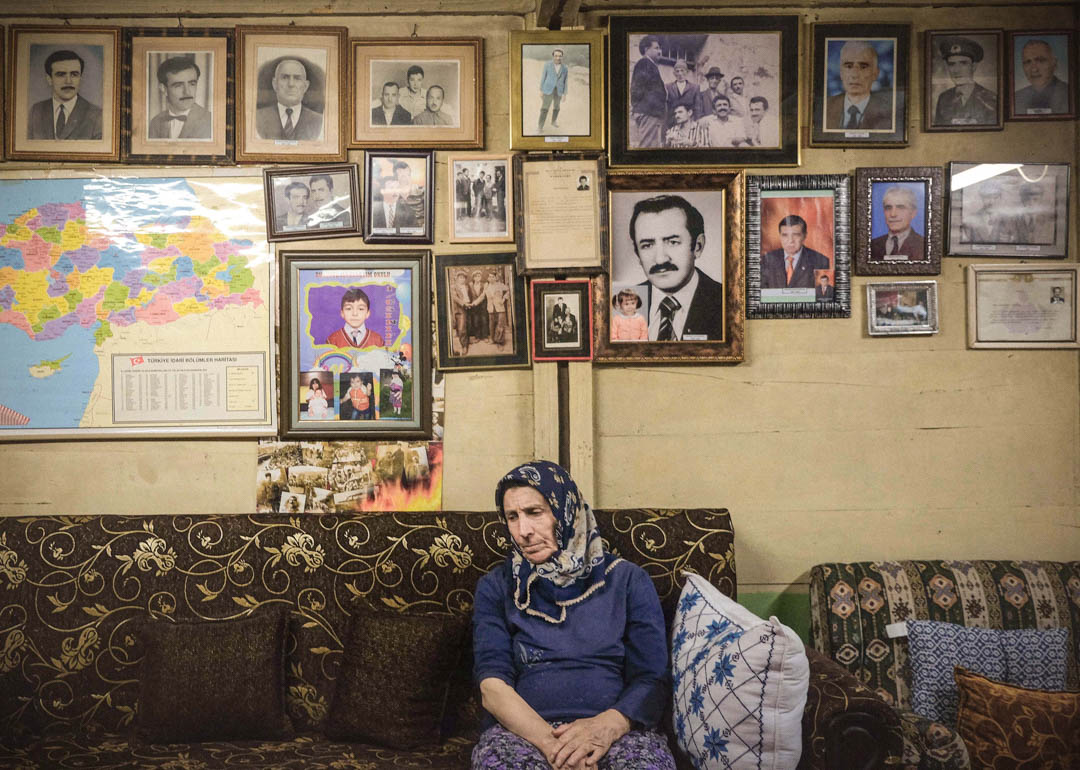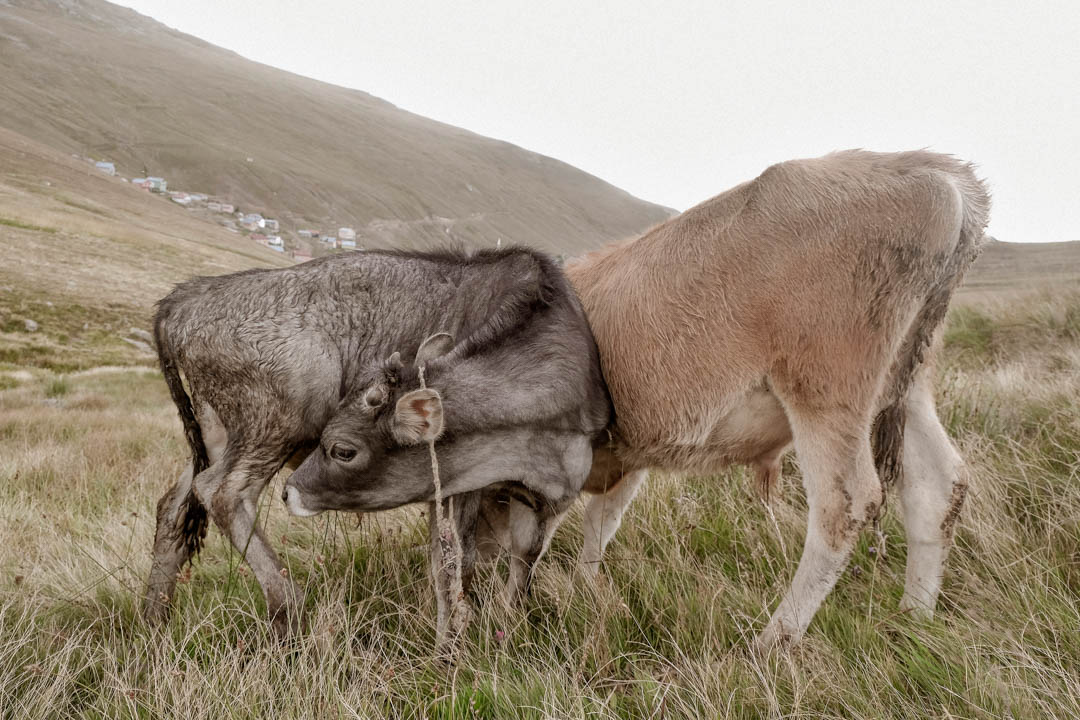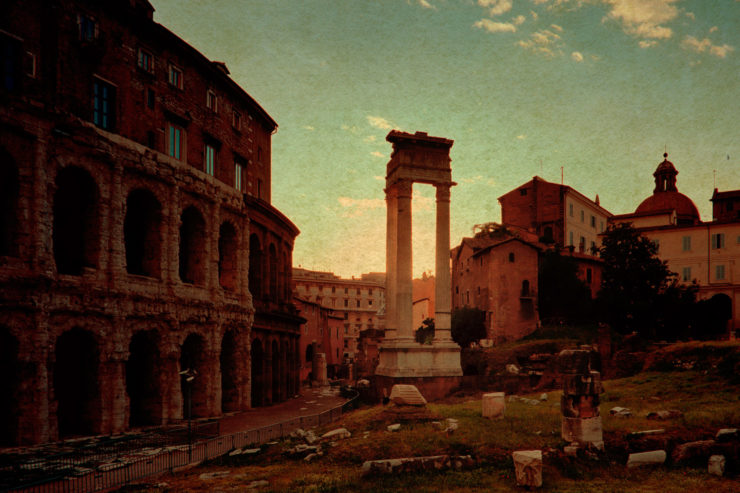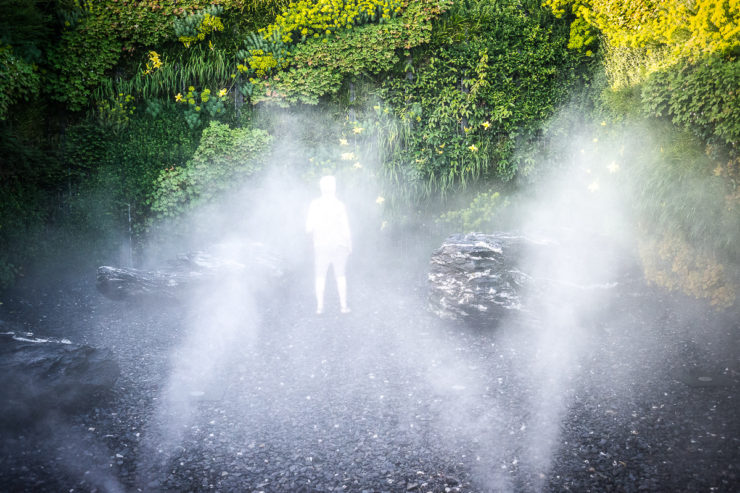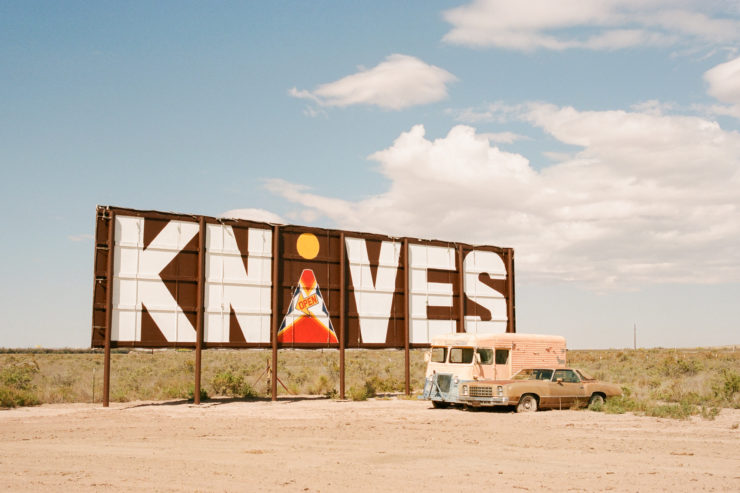Cansu Yıldıran's statement
“I am neither an owner here, nor a renter…
I am just a lifelong guest…”
-Tabutta Rövaşata
(Derviş Zaim, 1996)
I was a child when I realized that I did not have an identity. This search of mine, amongst that of gender, space, belief roles, in time turned into an escape… I did not want to belong to a specific identity anyway. It would be enough just to have a room of my own. However this changed when I went to Trabzon, where my mother was from – or when I went to the Kusmer Highlands where the residents of Çaykara (Eastern Pontos Greek village) went to breathe in the summer. Undoubtedly this was where I wanted to throw down my roots. I would later learn that there was a reason we did not have a home here – the reason that we went as guests every summer since I was a child was that while men could own property in this highland village, women did not have this right. Ever since I learned about this, I realized that what I was running away from, was a point of belonging and not belonging, a light, a ’thing’;
My story started from this point. As a person against ownership, the fact that the right to own or not own property was taken from being a choice, and turned into an obligation, forced me to focus on this subject. At this point, as the daughter of a woman who did not have a room of her own in the village that my roots went back to, I was looking for my own identity in the time and space that I owned in the city. Or I was trying to escape within the identity I was imprisoned in. The walls, the noise of the street, the laughter, the pace and everything else belonging to city life were like the lyrics to a song written about my losing my identity. The light was my scream. I searched first in my Highland village, then in the corners of my home for the voice of myself, of my mother and of the Highland women.
